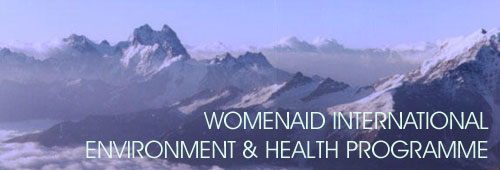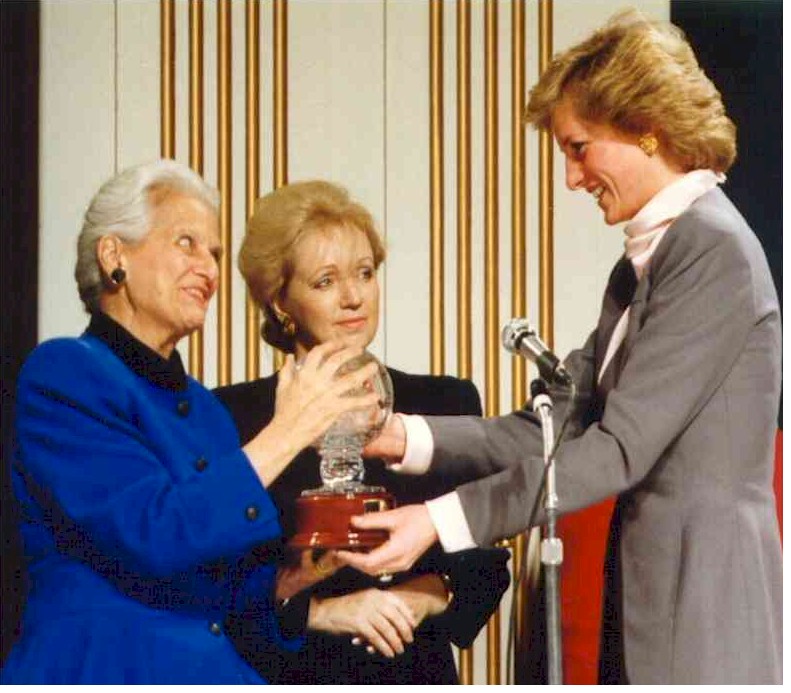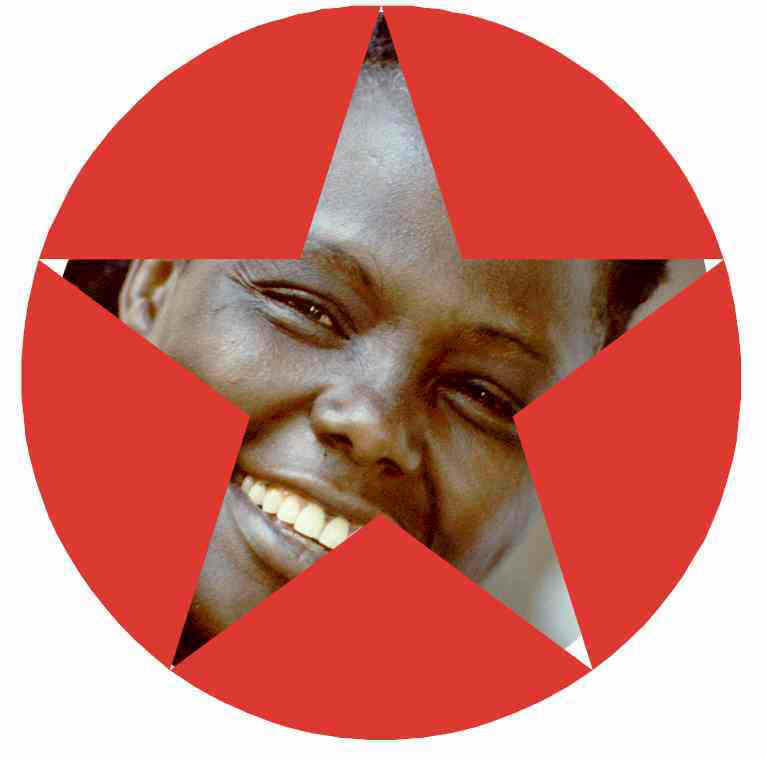JUST RELEASED: The World Water Development Report 2018
2018 UN World Water Development Report,
Nature-based Solutions for Water
The 2018 edition of the World Water Development Report (WWDR 2018) seeks to inform policy and decision-makers, inside and outside the water community, about the potential of nature-based solutions (NBS) to address contemporary water management challenges across all sectors, and particularly regarding water for agriculture, sustainable cities, disaster risk reduction and water quality.
NBS use or mimic natural processes to enhance water availability (e.g., soil moisture retention, groundwater recharge), improve water quality (e.g., natural and constructed wetlands, riparian buffer strips), and reduce risks associated with water-related disasters and climate change (e.g., floodplain restoration, green roofs).
The WWDR2018, titled Nature-based solutions for water, demonstrates how nature-based solutions (NBS) offer a vital means of moving beyond business-as-usual to address many of the world’s water challenges while simultaneously delivering additional benefits vital to all aspects of sustainable development.
Currently, water management remains heavily dominated by traditional, human-built (i.e. ‘grey’) infrastructure and the enormous potential for NBS remains under-utilized. NBS include green infrastructure that can substitute, augment or work in parallel with grey infrastructure in a cost-effective manner. The goal is to find the most appropriate blend of green and grey investments to maximize benefits and system efficiency while minimizing costs and trade-offs.
NBS for water are central to achieving the 2030 Agenda for Sustainable Development because they also generate social, economic and environmental co-benefits, including human health and livelihoods, food and energy security, sustainable economic growth, decent jobs, ecosystem rehabilitation and maintenance, and biodiversity. Although NBS are not a panacea, they will play an essential role towards the circular economy and in building a more equitable future for all.
Working with nature improves the management of water resources, helps achieve water security for all, and supports the core aspects of sustainable development.
The World Water Development Report was presented at the 8th World Water Forum, in Brasilia (Brazil) on the 19th of March.
Download the report
- Executive Summary
- English | Français | Español | Русский | ا لعربية | 中文 (pdf)
- Italiano | Português | हिन्दी | German | Korean (pdf)
- Main messages
- Facts and Figures
- English | Français | Español (pdf)
- Italiano | Português (pdf)
- Cite as: "WWAP (United Nations World Water Assessment Programme). 2018. The United Nations World Water Development Report 2018: Nature-based Solutions. Paris, UNESCO."
- Presentation*
- English (Download link, ppt)
- Speaking notes
- English | Español (pdf)
- *When quoting or using parts of this presentation, please cite as: “WWAP Presentation: Launch of the UN World Water Development Report 2018”
WWDR 2018: Regional Launches
In order to better disseminate the WWDR 2018 key findings and to add momentum to the pivot launch event during the 8th World Water Forum in Brazil on 19 March, WWAP organizes an Information Meeting for the Representatives of the Member States at UNESCO Headquarters in Paris (3 April).
In parallel, over 30 regional launches of the 2018 report are being organized around the world thanks to the initiative of local and national institutions, interested partners, UN agencies and their field offices.
WOMENAID ENVIRONMENTAL ACTION INCLUDES
WomenAid International (WAI) has a long history of environmental action and awareness campaigning - its ‘Mothers of the Earth’ environmental campaign promoting the environmental work of women led to WomenAid International/Green Belt being awarded recognition in the 1987 UNEP Global 500 Awards. (http://www.global500.org/)
“It is so important to have groups like yours helping raise awareness of the need for integration of trees in the environment and of women’s current and potential role in resource management.”
C.H. Murray, Assistant Director-General, Forestry Department, UN Food & Agricultural Organization
WAI sponsored the environmental activities in the Caucasus of its regional partner organisation, WomenAid International Caucasus - WAI-C.
2000-2005: Caucasus Zone Green Campaign and promotion of the UN Environmental Programme (UNEP)
To introduce greater environmental awareness, engage civil society and ‘seed’ voluntary community action in Georgia, Armenia and Azerbaijan, in 2001 WAI-C created the highly successful, 5-year ‘Caucasus Zone Green’ - an annual month-long multimedia campaign held in June. By establishing an inter-regional Environment and Health Network Platform of government departments, UN agencies, INGOs and non-governmental organisations, together with multimedia partners, over 450 engaged parties promoted environmental issues and organised hundreds of media supported events at all levels, regional, national and inter-regional. In 2004 this high profile promotional and educational initiative was noted and promoted by the Aarhus Convention.
Partners: WAI, UNEP, WAI-Caucasus, media, relevant government ministries and UN country offices.
“Dear Mrs Ripley, I am pleased to inform you that the Aarhus Clearinghouse for Environmental Democracy is featuring the Green Belt Movement and the WomenAid International EHNP on the home page this month. The (WomenAid) Environment & Health Network Platform (EHNP) works to promote public awareness of environmental issues, increase public participation in environmental decision-making and strengthen the capacity of civil society organisations to advocate for and implement such programmes.”
Aarhus Convention Secretariat, UN Economic Commission of Europe, Geneva. 08.10.2004









